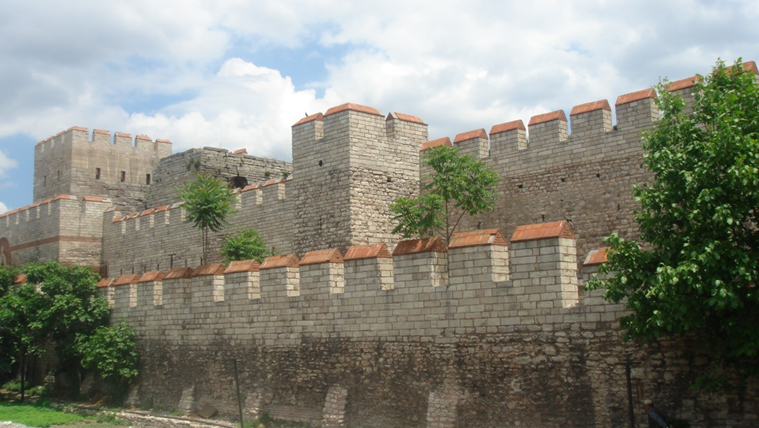The new trend is taking shape. The material is so vast that the title, "The Intricacies of Naval Warfare," will cover the entire book unit instead of individual chapters. The content will spread via the sixth-fourteenth centuries and include the main battles viewed through their strategy and tactics. As an epithet, I chose the following extract from Thucydides: “Sea power is a matter of skill; it is not possible to get practice in the odd moment when the chance occurs, but it is a full-time occupation leaving no moment for other things.”
I had another look at Chapter 1, Naval Factories, and made minor corrections to this solid piece describing how shipyards looked like, which facilities they encompassed, and which workers they engaged.
Chapter 2, The Battle of Ad Decimum (September 13, 533), is a land battle that pitted the Byzantine army commanded by General Belisarius against the Vandal army headed by King Gelimer. I stopped on this episode as it required the fleet's transportation from Constantinople to Carthage and the first appearance of the powerful East Roman fleet (I mean, warships and not only merchantmen carrying troops and ammunition). Currently, I arrange my bits and pieces for a compelling narrative.
Chapter 3, The Omayyad Siege of Constantinople (August 717-August 718), is ready.
Other chapters will include the battles of Corfu, Maloria, Malta, and Acre. I give no details because I have yet to study these combats profoundly. I will decide on the Battle of Corinth, whose main episode was the portage of ships across the Isthmus of Corinth, check other contributions of Roger of Lauria, except the classical Battle of Malta, and delve into episodes of Genoese-Venetian Wars, other than the Battle of Acre.
Meanwhile, the first extract of the future project is available.
https://www.academia.edu/104456432/War_galleys_in_the_Medieval_Mediterranean
I plan to upload the second piece later in the year.
